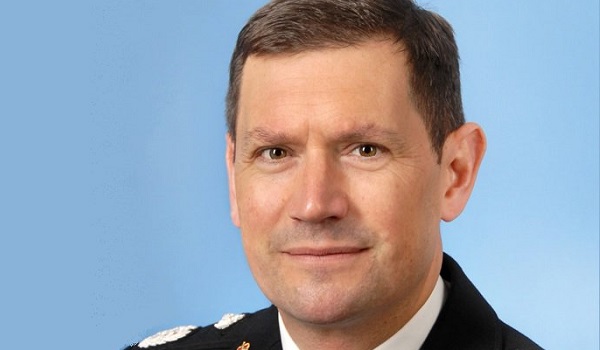Cultural problem with evidence disclosure needs to change
Recent disclosure problems have emerged because officers have not viewed it as integral to the investigation, the national lead has said.
Recent disclosure problems have emerged because officers have not viewed it as integral to the investigation, the national lead has said. Chief Constable Nick Ephgrave believes cultural issues such as officers seeing disclosure as something to be done at the end of a case present an immediate challenge for policing. In a blog for the National Police Chiefs Council (NPCC), the criminal justice lead raised concerns about a lack of understanding about the process as well as the overwhelming volume of data now facing investigators. The admission comes after Freedom of Information data revealed that 916 people had charges dropped last year due to a failure to disclose evidence. Mr Ephgrave said: We have had a cultural problem with disclosure where it is too often seen by police officers as a thing to be done at the end of an investigation becoming subsequent to rather than integral to the investigation. Changing this mindset is an immediate challenge for us. The Crown Prosecution Service has been reviewing disclosure failings in depth over the last six months and recently led a seminar with police chiefs to discuss areas for improvement. Two forces are currently reviewing their sex crime investigations after cases collapsed over late disclosure of evidence. The Metropolitan Police Service announced its review last December after prosecutors dropped all charges against Isaac Itiary and Liam Allan. And Surrey Police followed suit earlier this month when new evidence came to light on the eve of 19-year-old Oliver Mears trial that cast doubt on his alleged victims claims. Mr Ephgrave recognised knowledge issues have contributed to the difficulty in getting this right, but added that officers are now asked to comb through far more evidence than when disclosure legislation was introduced. Investigators can now expect to seize data equivalent to 30,000 pages of A4 paper from a single device far more than they can reasonably be expected to review. To address this issue, Mr Ephgrave recommends ensuring officers consistently identify and pursue all reasonable lines of enquiry, only disclosing information that relates to these areas in line with the Attorney Generals guidance on disclosure. The NPCC is working on a definition of what is reasonable and how to equip investigators to make that decision. The College of Policing is also reviewing what is needed from training and guidance to make it more effective.


